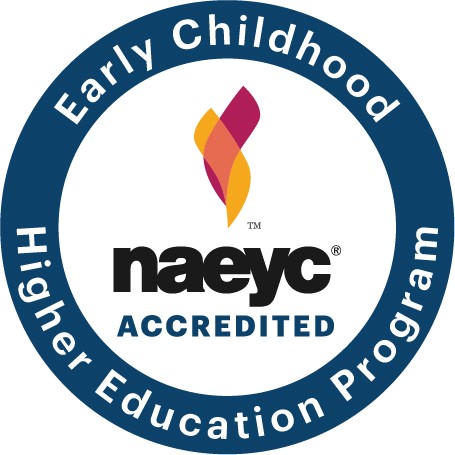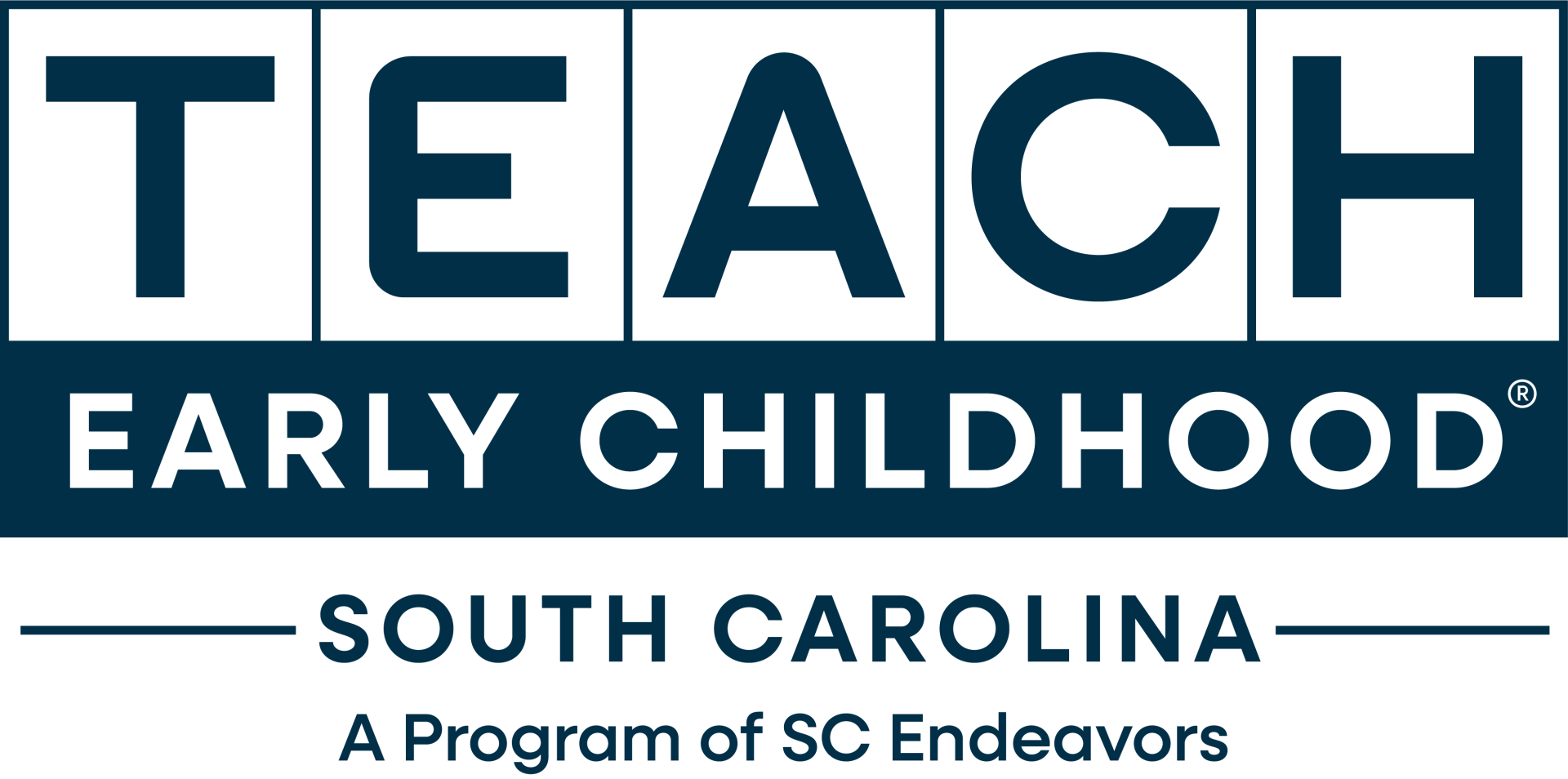What can I do in child care professional?
As a professional in child and youth studies, you may become a child care worker,
teacher or an assistant in a child care center. Depending on your level of education,
you may also become an assistant teacher in the Head Start/Early Head Start and public
school classrooms. The higher your degree, the more qualified you will become for
certain positions. The Early Care and Education program is nationally accredited through
the National Association for the Education of Young Children (NAEYC).
What characteristics and skills do I need to work in this field?
Child and youth educators must have patience and possess a genuine concern for children,
and have a strong desire to help them learn and succeed. Child and youth educators
must also have good communication and interpersonal skills when partnering with parents,
children and other professionals to create a nurturing environment, respectful of
culture and rich in experiences to promote the optimal growth and development of EVERY
child.
Where can I work?
Child and youth educators typically work in schools and child care centers and out-of-school-time
programs. However, to teach in the public school systems, you will need to obtain Professional Teaching Certification.
What does Trident Technical College offer?
The Child and Youth Studies department is dedicated to preparing students for employment
in settings that include, but are not limited to, any part-or full-day program in
a child care center, school classroom or home care that serves young and school-age
children and their families, including children with special developmental and learning
needs. Each career path and certificate is designed for the child care professional
who works with or is interested in working with children from birth through age 17.
 Accreditation
Accreditation
The Associate of Applied Science degree program in Early Care and Education at Trident
Technical College is accredited by the Commission on the Accreditation of Early Childhood
Higher Education Programs of the National Association for the Education of Young Children
(https://www.naeyc.org/). The current accreditation term runs from March 2019 through March 2026.
To review accreditation status, please visit Accreditations and Approvals.
Program Outcome Data:
Associate in Applied Science: Early Care and Education
Accreditation Outcome Measures: Reporting Program Outcome Data-Early Care and Education
Candidate Learning Objectives:
Candidate Learning Objectives 2023: TTC Candidate Learning Objectives - Outcomes 2023
Recommended Sequence of Course
A recommended course sequence is a structured plan to help students complete degree
requirements efficiently. Click here for the Child Care Professional Career Path associate degree sample program.
Child Care Professional Career Path, AAS - Career Outlook

 Accreditation
Accreditation